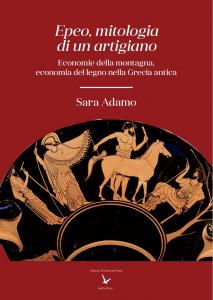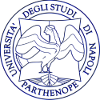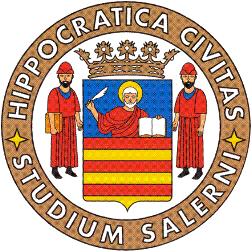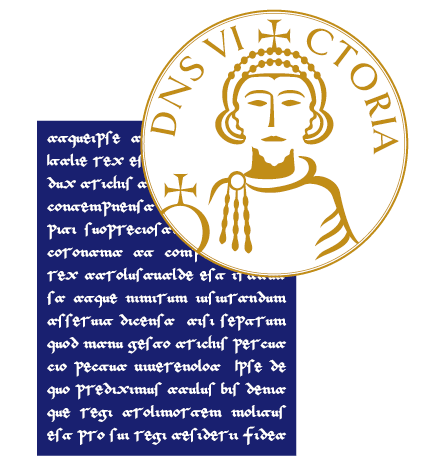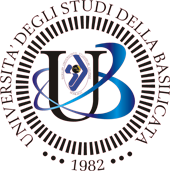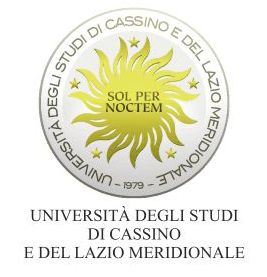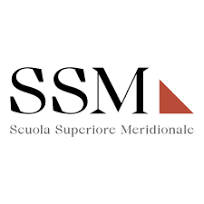Epeo, mitologia di un artigiano. Economie della montagna, economia del legno nella Grecia antica
Keywords:
Epeo, Epei, montagna, legno, artigianoSinossi

Editore: FedOA - Federico II University Press
Serie: Clio. Saggi di scienze storiche, archeologiche e storico-artistiche
Pagine: 189
Lingua: Italiano
Abstract: Le economie della montagna e l’economia del legno caratterizzano anche per il mondo greco contesti ‘aperti’, i più difficili da ricostruire, se si considerano la marginalità e la deperibilità della specifica cultura materiale, e i più gravati da schemi ideologici e pregiudizi condizionanti: le rappresentazioni mitiche e tipologiche, quasi mai autorappresentazioni, restano l’unica via per provare a definirne un sia pur minimo profilo storico. Questo libro rilegge con questo obiettivo e in una nuova prospettiva la vicenda mitica di Epeo, noto ora come eponimo di un popolo di montagna dell’Elide, gli Epei, ora come costruttore del cavallo di Troia, incapace di usare le armi, ma abile artigiano del legno e prim’ancora esperto nella ricerca della materia. La funzione di hylotomos, boscaiolo, prima ancora di quella di tekton, carpentiere, lega strettamente la sua figura agli ambienti montani in cui si colloca il suo mito – l’Elide confinante con i monti dell’Acaia e dell’Arcadia, la Focide, l’entroterra montano e collinare dell’arco ionico –, ne rivela il suo ambiente originario, ne spiega i tanti pregiudizi che gravano sulla sua figura e la sua fortuna, a partire da Omero.
Downloads
